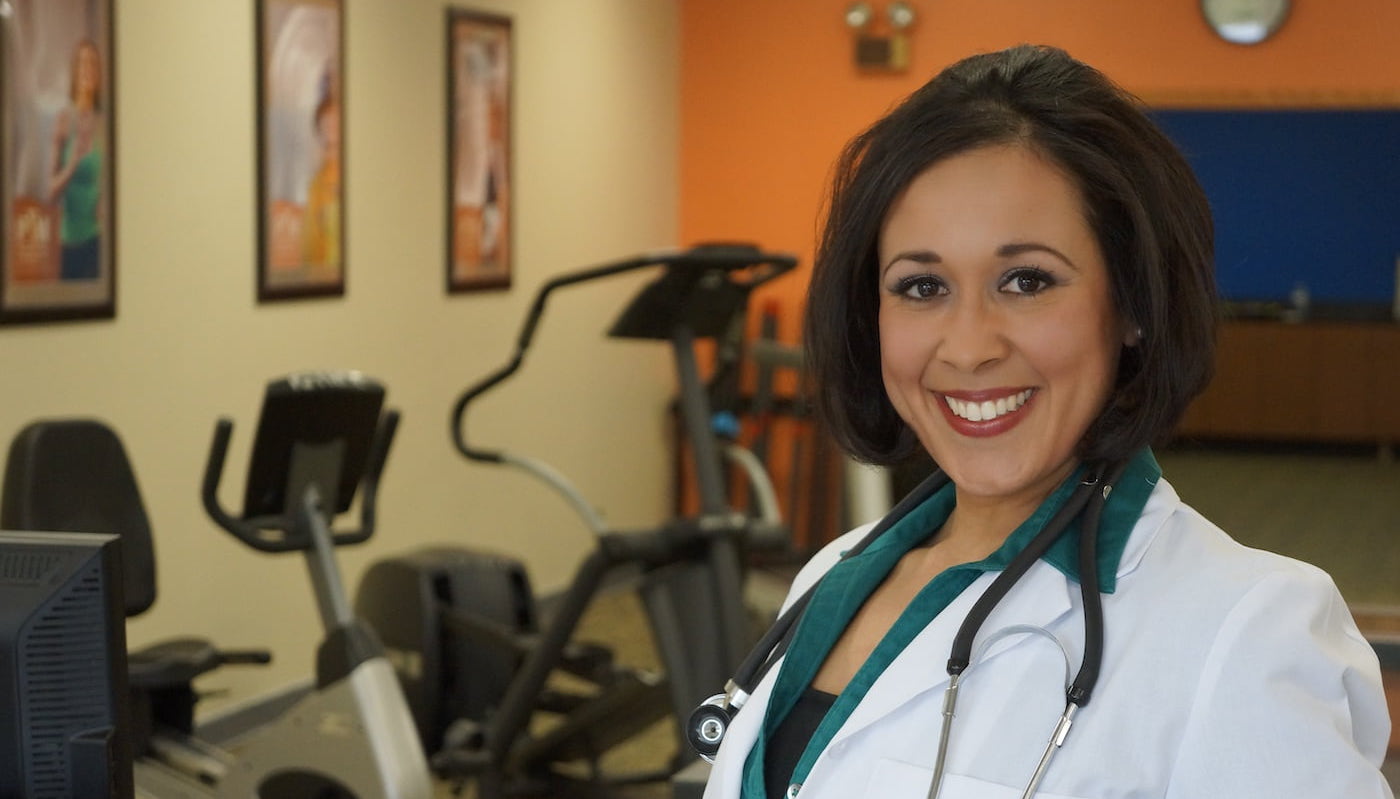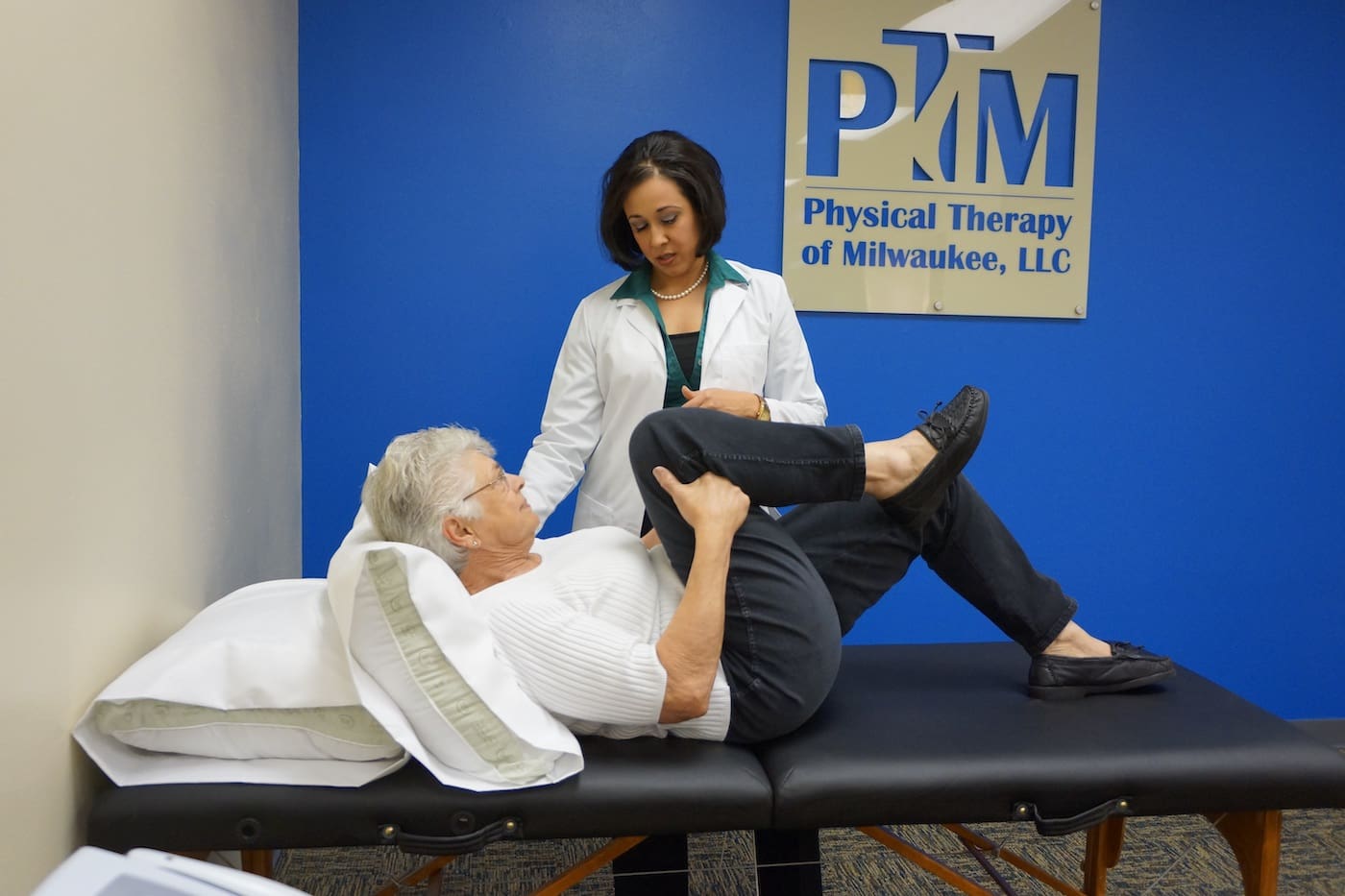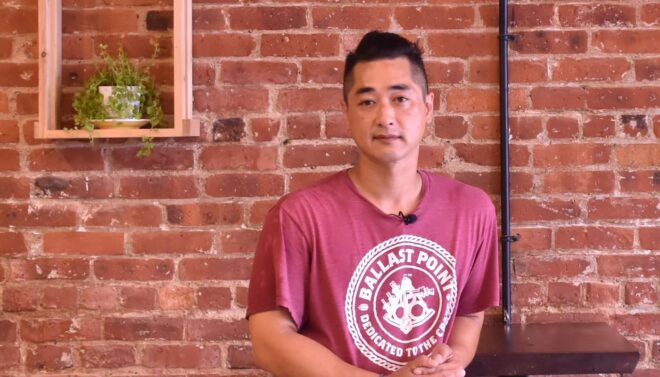Physical Therapy of Milwaukee
Editorial Team
7 min read
Our Meet the Merchant series features Q&As with real-world Clover merchants. Read our full catalog for innovative ideas and real-life stories of small businesses in action.
In this installment, we hear from Dr. Sylvestra Ramirez, clinic founder and director of Physical Therapy of Milwaukee in Milwaukee, Wisconsin. Physical Therapy of Milwaukee is an award-winning team of physical therapists who specialize in pain management and mitigation as well as work and sports injuries. Dr. Ramirez shares her career journey, her community priorities, and how she’s adapted to healthcare in the pandemic.
Clover: Hi Dr. Ramirez, thank you for taking time out of your busy day to speak with us. Let’s dive right in! Can you tell us about your physical therapy practice and how you got started?
Dr. Sylvestra Ramirez: I became interested in physical therapy at a very young age after a rollerblading accident. I remember clearly I was trying to do a fancy trick and didn’t land as nicely as I expected! I had to have physical therapy on my knee and that opened my eyes to a whole different realm of healthcare. The ability to learn how the body moves, the flexibility and strength one needs to walk and function—that’s what appealed to me about studying physical therapy.
The business side of PT—opening my own practice—was never on my radar. I knew I wanted to become a doctor, but it wasn’t until I went to physical therapy school that I started to see all the ways that a physical therapist could work. The skills I used to start my business are very different from what I need to grow my business.
Also, growing up as a Hispanic woman, I saw major disparities and aspects of healthcare that the Hispanic community was unable to access. The Hispanic community I come from doesn’t always place a lot of trust in the healthcare system. I felt a special draw to open my business and serve the community that I grew up in as a trusted member and a healer.
Clover: Tell us more about that. How does your practice work with the local community?
Dr. Ramirez: I was born and raised here in Milwaukee, and I understand the complexities and the disparities our community continues to face in accessing healthcare and learning how to prevent injury. It’s important for me to educate my community both one-on-one and in Spanish on how to prevent and manage injuries so they heal faster.
We offer a service internship for physical therapy students that need to practice their hands-on skills. They come to work at our clinic and leave their internship feeling encouraged as to what the possibilities are for their future. We’ve been able to hire two of our interns to full time positions through this program.
We do a lot of one-on-one outreach by going out into the community and volunteering. We’ve been involved with senior centers in the area for more than five years. Members come to the center and we give them presentations on exercises, stretches they can do after a total knee replacement, for example. We try to provide education on how to remain active as you age and face different mobility and strength challenges than the younger population.
We also work with youth athletic teams to provide concussion assessments and training, flexibility assessments, and stretching sessions. Lots of kids are so eager to get out and play that they won’t complain about ankle pain or knee pain. We teach them how their body works and give them exercises to help with injury prevention.
A local group that’s near and dear to my heart is called La Mujer Latina. They host a one-day event that I’ve co-chaired for two years, specifically to service the needs of Hispanic women. The event offers awareness and education on mammograms, self-care, and wellness. It’s so important that, as women, we take care of ourselves. It’s easy to put aside our needs while we care for our families and everyone else. Sometimes we neglect our needs for others, and that’s when a constant nagging back pain, for instance, can become a big problem.
It truly is rewarding when we’re able to meet our patients where they are. Many of them don’t know about physical therapy or about our clinic. We can’t expect them to find us! We need to go out to them and educate.

Clover: That’s impressive that you and your team manage to do so much outreach while running a business. You mentioned that you’ve needed different skills to start vs. to grow your business. Could expand on that idea?
Dr. Ramirez: At the start of my business, I used the knowledge that I gathered through the Small Business Association, colleagues, other mentors, and my banker. I tried to make the best decisions to set us up for success. It was my goal to use vendors and other local businesses that were top-notch, gold star services so that we could provide the best service to our patients. It required a lot of networking and setting goals that were both feasible and aligned with the mission and vision of our practice—namely, to service the Hispanic community.
Clover is one of those companies that meets both those goals: the products are easy to implement, and Clover’s mission aligns with ours. Clover helped me grow from one employee to six. The features in Clover are easy for my employees and patients to use. I want it as easy as possible for our employees to clock-in, clock-out, especially with some of them working virtually now.
Now that things are running smoothly, we are preparing to open our second location!
Clover: You use Homebase Scheduling and Clover Flex in your operations. How do those help keep PTM running?
Dr. Ramirez: It was my banker who suggested Clover. Before that, I was making the schedule by hand—and having my employees clock in and out by hand. Employees reported their hours using the honor code.
Whenever I consider a new tool, I ask myself two things: is it going to be easy for my employees to use, and is it going to allow us to serve our patients better. Truly, Clover has done both. My employees love clocking in and out with Homebase. They enjoy getting their schedule on their phone via text or the app. Our patients like using the Clover Flex to make payments. Overall, it’s been easy and efficient to implement Clover into our daily operations.
Clover: Physical therapy is, obviously, a high-contact business. How have COVID-19 and all the social distancing restrictions impacted your work?
Dr. Ramirez: Here in Milwaukee, things started to change drastically mid-March. Half of our patients decided they were no longer coming to therapy. The other half of our patients are of Hispanic descent: at first, they said they didn’t believe that the virus would affect them.
As a health care provider and a Hispanic woman, I understand the culture and the skepticism the Hispanic community has toward the health care system. Culturally, we are taught to seek alternative medicine first before going to see a doctor. At the same time, as a medical professional who was learning more about the COVID-19 virus, it was my duty to educate the community to take this seriously. I needed our patients to take precautions if they were going to continue to come into the clinic for their appointments.
We’ve made some big adjustments. We’ve changed our clinic hours. We’ve also changed the number of people who are allowed in the clinic, so we are only seeing one patient at a time. Half of my staff is working from home. We alternate staggered shifts. It definitely has been a learning process, but it’s also brought our team closer.
We have also seen our patients want to educate themselves more. That’s kind of the silver lining with all of this. It’s our job not only to teach our patients about their physical health and how to rehab physically, but also to teach them about any other health issue that is going on, and COVID-19 is a great example.
Related Posts
Bulbap Grill
Chef Shakespeare
Popular Topics
Stay In Touch
Sign up and learn more about Clover.
Thank you for your subscription!
Recent Stories
- Jewelry store supplies and equipment needed for opening day
- How small businesses can use employee discounts to retain staff
- Tips and tricks for opening an outdoor pop-up restaurant
Please share your contact information
to access our premium content.
Thank you for sharing your contact information.
Download Now





